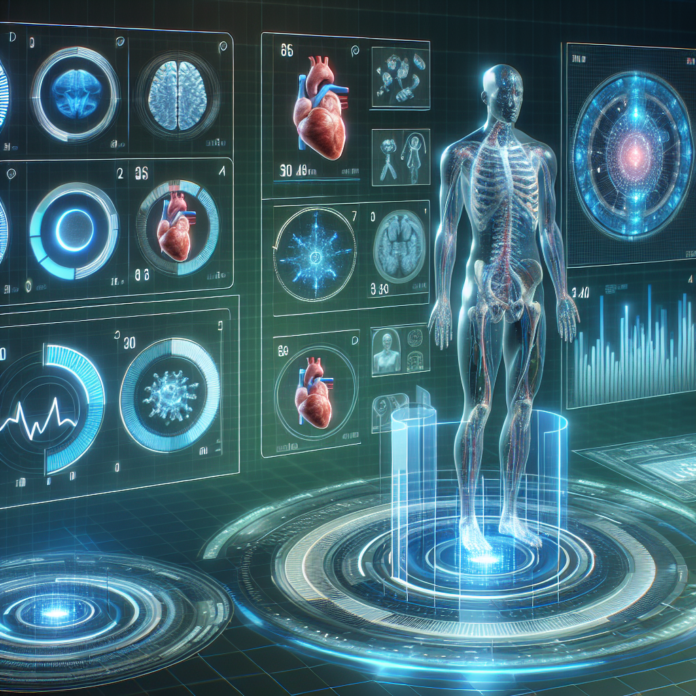The healthcare landscape is undergoing a seismic shift, propelled by groundbreaking technological innovations. From telemedicine to artificial intelligence (AI), the integration of technology in healthcare is not just reshaping patient care; it’s revolutionizing it. In this rapidly evolving environment, we explore how technology is poised to transform the future of healthcare.
Telemedicine: Bridging the Distance
Telemedicine has emerged as a critical technology during the global health crisis, and its influence continues to grow. Patients can now consult with healthcare professionals from the comfort of their homes, reducing the need for physical hospital visits and enabling remote diagnosis and management of chronic conditions. Platforms such as Teladoc Health have been pioneers in providing remote healthcare services, expanding access to care for individuals residing in remote or underserved locales.
Wearable Medical Devices: Monitoring Health Real-Time
Wearable medical devices are giving individuals the power to monitor their health in real-time. These devices range from smartwatches that track heart rate and activity levels to advanced wearables capable of monitoring blood glucose levels or detecting irregular heartbeats. Fitbit, for instance, offers a range of health-focused wearables that promote a proactive approach to health, empowering individuals to make informed decisions about their lifestyle and activities.
Artificial Intelligence: A New Frontier in Diagnosis and Treatment
AI is at the forefront of a new epoch in medical diagnosis and treatment. Machine learning algorithms can analyze vast amounts of medical data, recognizing complex patterns and aiding in the early detection of diseases. Companies like IBM Watson Health are leveraging AI to offer innovative solutions that support healthcare professionals in making more accurate and timely decisions, thus improving patient outcomes.
Personalized Medicine: Customized Care for Every Patient
Personalized medicine, or precision medicine, tailors medical treatment to the individual characteristics of each patient. Advances in genomics and biotechnology are enabling doctors to prescribe medications and therapies based on a patient’s genetic makeup. As a vanguard in this field, 23andMe provides genetic testing services that can give insights into personal health and predispositions, assisting in the creation of highly personalized treatment plans.
Robotics in Surgery: Enhanced Precision and Recovery
Robotic technology in surgery has ushered in a wave of improvements in surgical precision and patient recovery times. Surgical robots, which are controlled by surgeons, can perform complex procedures with greater accuracy and control than human hands alone. Intuitive Surgical, the maker of the da Vinci Surgical System, is a leader in robotic-assisted surgery, contributing to safer and less invasive surgical procedures.
Conclusion
The merger of healthcare and technology is crafting a future where quality medical care is more accessible, efficient, and personalized than ever before. As innovators continue to push the envelope, the promise of technological advancements in healthcare shines brightly on the horizon. These developments not only have the capacity to extend lifespans but also to enhance the quality of life, signifying a monumental leap forward in how we approach health and wellness.
In the years ahead, individuals and healthcare providers alike will need to stay informed and adaptable, embracing the technological tide that is reshaping the medical field. Exploring resources such as HealthIT.gov can help keep both healthcare professionals and patients abreast of the latest tools and trends in technological healthcare innovation. It is an exciting time for healthcare, and technology is the catalyst driving this transformative journey towards a healthier, brighter future.




 AGF-B.CO
AGF-B.CO